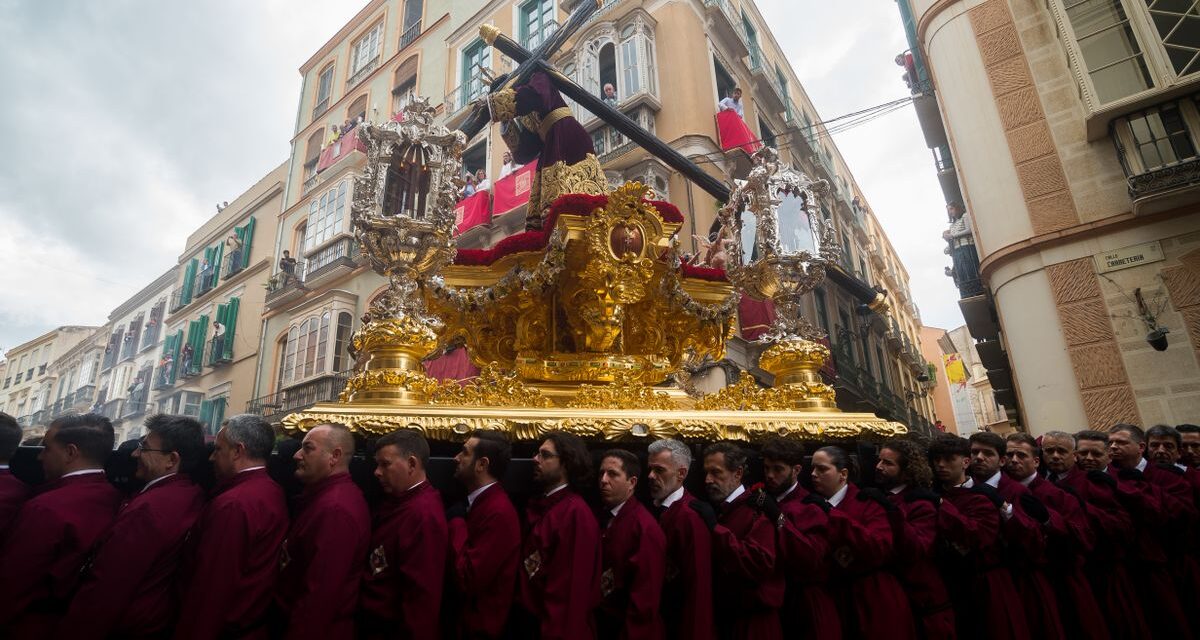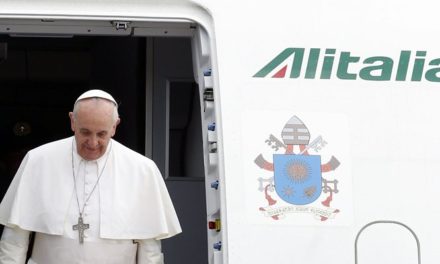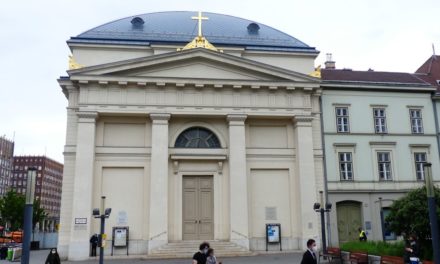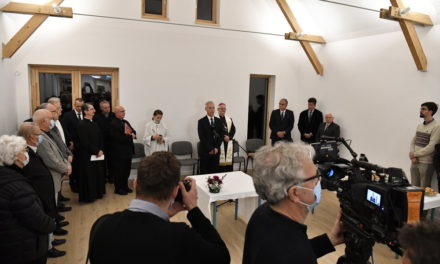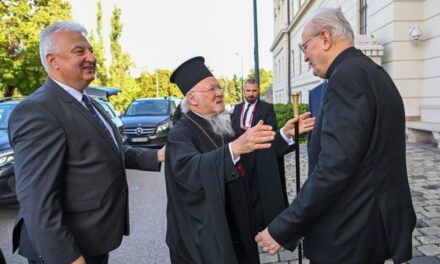In Catholic folk tradition, Good Friday has always been a day of strict fasting and mourning, and on Easter, Christian communities around the world celebrate the victory of life.
At Easter, Christian communities commemorate the suffering, death and especially resurrection of Jesus Christ. Magyar Nemzet wrote .
The Christian Easter is the quietest and most powerful detonation of the universe, the glory and renewal of the resurrected Christ and with him the entire created world
- wrote the Catholic poet János Pilinszky in connection with Easter.
The origin of the Christian Easter can be traced back to the Old Testament Passover (Pesach), which preserves the memory of the exodus from Egypt. Easter is preceded by a forty-day period of repentance, the period of Lent. Fasting was a habit taken seriously in the everyday lives of Christians, until the beginning of the twentieth century. Fasting was observed much more strictly by Roman Catholics than by Protestants. During Lent, in the olden days, they not only tried to eat meat-free, but in many places they only ate greens and fruit, that is, they only took food "that was grown by the dew".
In the Catholic folk tradition, Good Friday has always been a day of strict fasting and mourning.
The Easter dinner, which is traditionally held on Saturday night, the eve of the holiday, includes bread, eggs, ham, lamb, horseradish and salt as a typical dish. The cake is a symbol of abundance and family unity. The egg is an archaic symbol of fertility, referring to Christ in the Christian faith, through the hatching chick, which breaks the shell of the egg like the rock door of the tomb of the resurrected Christ. It was customary to bless the Easter food in the church with the priest.
Featured Image: Jesus Merida/Anadolu via Getty Images

